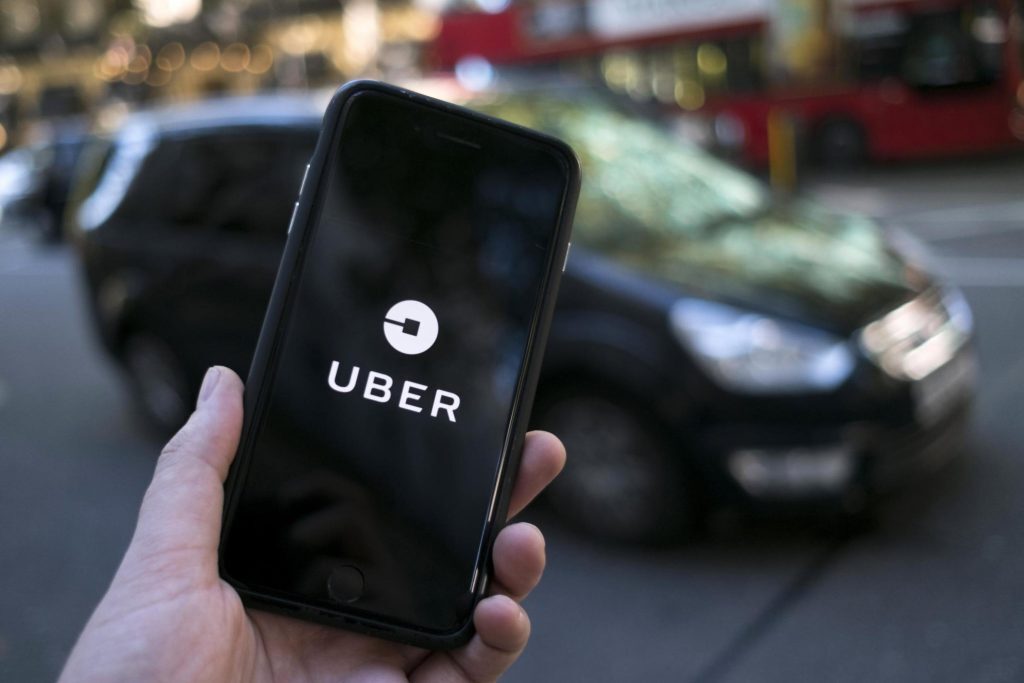The United Kingdom’s Supreme Court has made an important judgement this week which upheld an earlier ruling that classifies Uber drivers as workers instead of independent contractors.
This key definition means the Uber drivers can get all of the benefits they would if they were employed in the normal way. Uber and the gig economy companies have tried to re-write reality, defining the drivers as “partners” and therefore avoiding what most businesses need to do to thrive, which is to give your workers the right tools for the job.
In the case of a transportation company that would be car, its running costs, its insurance and its petrol; as well as all the usual benefits for a staff member, including medical benefits, holiday and leave pay and retirement contributions.
Uber was able to convince drivers for 10 years that they were their own businesses and could therefore make as much money as they wanted to, by running their own business.
But this is patently untrue in the reality that the rest of us in the world live in. The gig economy has tried to convince a new generation of work force that they should provide all the means of production themselves.
Realistically, if that was the case, then the costs of these means, as Marx defined them, should be included in the payment the drivers receive. But it isn’t.
And what they earn is typically not enough to sustain many of them – if they worked normal hours. Horror stories abound, especially in the US, about Uber drivers who sleep in their cars and work horrendously long hours just to make ends meet.
It’s part of the reason I always tip the driver, no matter how small the fee. At least they get all of the tip.
The UK Supreme Court ruling is a breakthrough for many reasons. Firstly, it formally acknowledges drivers as workers and not independent contractors. That alone is a breakthrough.
Secondly, the settlement includes all of Uber UK’s 70,000 drivers – not just the original 19 drivers who won a landmark 2016 case before the UK’s employment tribunal. In that ruling the judges’ scathing assessment of Uber’s counterargument that it is was merely a technology firm, or platform, that linked up various other small businesses.
“The notion that Uber in London is a mosaic of 30,000 small businesses linked by a common ‘platform’ is to our minds faintly ridiculous,” the judges concluded. “Drivers do not and cannot negotiate with passengers. They are offered and accept trips strictly on Uber’s terms.”
This is the judgement that the Supreme Court upheld, dismissing Uber’s appeal, which also stated: “Any organisation … resorting in its documentation to fictions, twisted language and even brand new terminology, merits, we think, a degree of scepticism.”
Thirdly, it is a significant precedent setting event. As we’ve seen with Australia’s triumphant standoff with Google and Facebook over paying for news, this now demonstrates to other countries and their regulators that the gig economy is usurping many countries labour laws.
A similar court action is brewing in South Africa.
Uber CEO Dara Khosrowshahi wrote that following the Supreme Court ruling, “we could have continued to dispute drivers’ rights to any of these protections in court. Instead, we have decided to turn the page”.
“I know many observers won’t pat us on the back for taking this step, which comes after a five-year legal battle,” Khosrowshahi wrote in The Evening Standard. “They have a point, though I hope the path that we chose shows our willingness to change.”
Indeed, critics already say Uber has gotten off lightly.
The UK’s App Drivers & Couriers Union – which is led by drivers James Farrar and Yaseen Aslam who originally instituted the tribunal case – warned that drivers are still being short-changed because Uber’s offer of minimum wage and holiday pay only starts when a trip starts. They argue these trips are only 50% of the driver’s time on a shift and should be for the entire time the driver is logged into the app, as specified by the court.
“While we welcome Uber’s decision to finally commit to paying minimum wage, holiday pay and pensions we observe that they have arrived to the table with this offer a day late and a dollar short, literally.”
As Mick Rix, the head of the GMB union, added: “Other gig economy companies should take note – this is the end of the road for bogus self-employment. Uber had to be dragged kicking and screaming to do the right thing, but finally they’ve agreed to follow the ruling of the courts and treat their drivers as workers.”
This will be music to the ears of South Africa’s Uber and Bolt drivers as they embark on a similar legal action.
This article first appeared in the Daily Maverick.




